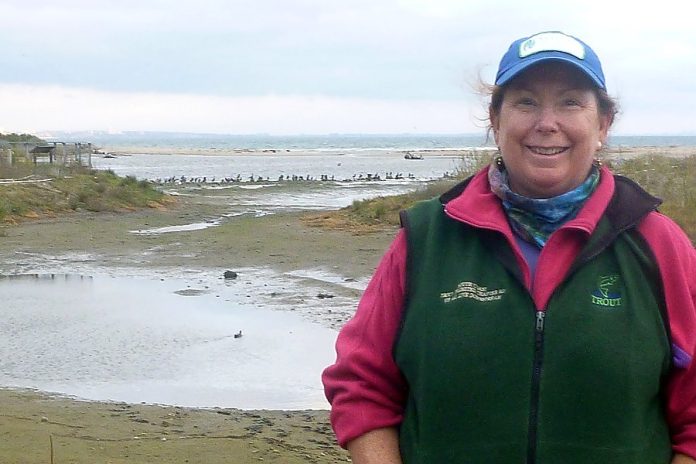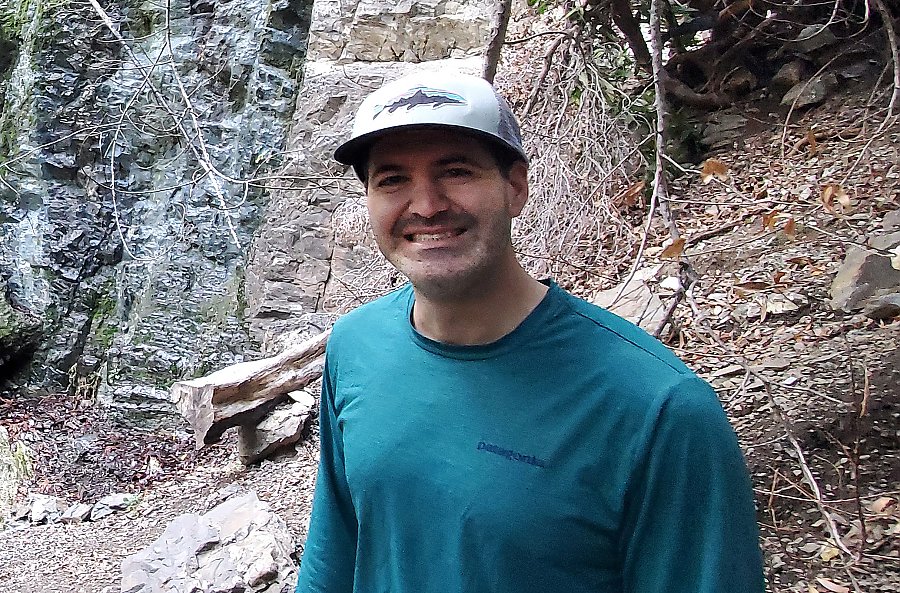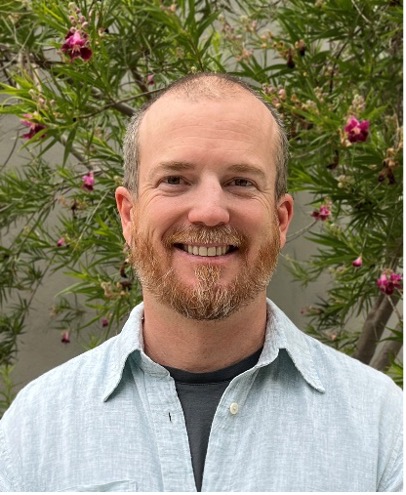
The Aquarium of the Pacific will explore the recent Palisades wildfires and how it affected the biodiversity connected to it during its July First Wednesday lectures, the Aquarium has announced
California’s coastline is one of the most biodiverse regions in the world, supporting a wide array of plant and animal species. The recent wildfires in Southern California have severely threatened this rich landscape, leading to substantial habitat loss and degradation as the vegetation was consumed by flames.
These fires not only endangered terrestrial ecosystems, but also adversely affected aquatic life, including endangered fish such as the tidewater goby and steelhead trout. Burned landscapes contaminated waterways with ash, sediment, and debris, which impacted our waterways and compromised life.
Join Aquarium officials for a panel presentation with industry experts to learn about the emergency rescue efforts and recovery initiatives taken to protect these vulnerable aquatic species. Discover how organizations and communities are collaborating to ensure the survival of native fish populations and aquatic biodiversity in these fire-affected regions.
Rosit Dagit, Conservation Biologist, Resource Conservation District of the Santa Monica Mountains (RCDSMM) in Topanga, Ca. will serve as the principal speaker for the lecture, according to the Aquarium.

She has worked to conserve the resources of the Santa Monica Mountains and coast for more than 35 years. As Principal Investigator for the Santa Monica Bay Steelhead Lifecycle Monitoring project, she has snorkeled the creeks monthly since 2001 to count endangered southern steelhead trout, initiated the southernmost instream antenna and DIDSON camera (2008-2019), and monitored changes in abundance and distribution.
She has also been monitoring endangered tidewater gobies and other native fishes in Malibu Lagoon and assisted with that restoration effort in 2012. Since 2014, Ms. Dagit has also been working with FOLAR and others to update the fish study of the upper LA River by surveying in the lower river near the estuary and in the western soft bottom river drainages of the San Fernando Valley.
Ms. Dagit has coordinated several habitat restoration efforts including the 2008 Rodeo Grounds Berm Removal, the Trancas Lagoon Restoration Feasibility Study (2015), and is currently Project Manager for the Topanga Lagoon Restoration Planning process in collaboration with State Parks.
In addition to Dagit, Kyle Evans and Dr. Brenton Spies will be on hand to participate in the lecture.
Kyle Evans works as a Program Manager for the CA Department of Fish and Wildlife and oversees CDFW’s anadromous and inland fisheries programs throughout southern California.
Kyle’s team conducts independent fisheries research, population and habitat monitoring, fish rescues, and habitat restoration within the 5 coastal counties of southern California ranging from Santa Barbara County down through San Diego County. Prior to this role, Kyle served as the lead steelhead biologist for CDFW in southern California monitoring steelhead rainbow trout and has been working in the stream of southern California since 2012.
Dr. Brenton Spies is an Associate Teaching Professor in the Environmental Science and Resource Management (ESRM) Department at CSU Channel Islands, specializing in conservation biology, restoration ecology, and endangered species recovery. His work centers on the conservation of California’s coastal and aquatic ecosystems, with a focus on disaster response, habitat restoration, and species protection.

Following the Palisades Fire, Dr. Spies helped coordinate the multi-agency response to recover tidewater gobies from Topanga Canyon Lagoon and support their reintroduction. He is actively engaged in disaster response planning for coastal species and ecosystems across California. In the classroom, Dr. Spies integrates field-based research with student mentorship to prepare the next generation of conservation scientists.
After the presentation, guests will have the opportunity to enjoy cocktails, conversations, music, and crafts in our Art Gallery and experience our interactive Paint-a-Fish exhibit. This is an adult-oriented program recommended for young professionals – seniors (not suitable for young children). This lecture will also be live streamed for those unable to join in person.
The event is Wednesdasy, July 2, from 7 – 9 p.m. at the Aquarium of the Pacific. Tickets cost $5.00 per ticket for advance online reservations or $10.00 per ticket on the day of the event at the door (pending availability. Please check first).
Parking is $6.00 for the for 2.5 hours in the structure located directly across from the Aquarium. Cash bar. For more info, visit www.aquariumofpacific.org.
